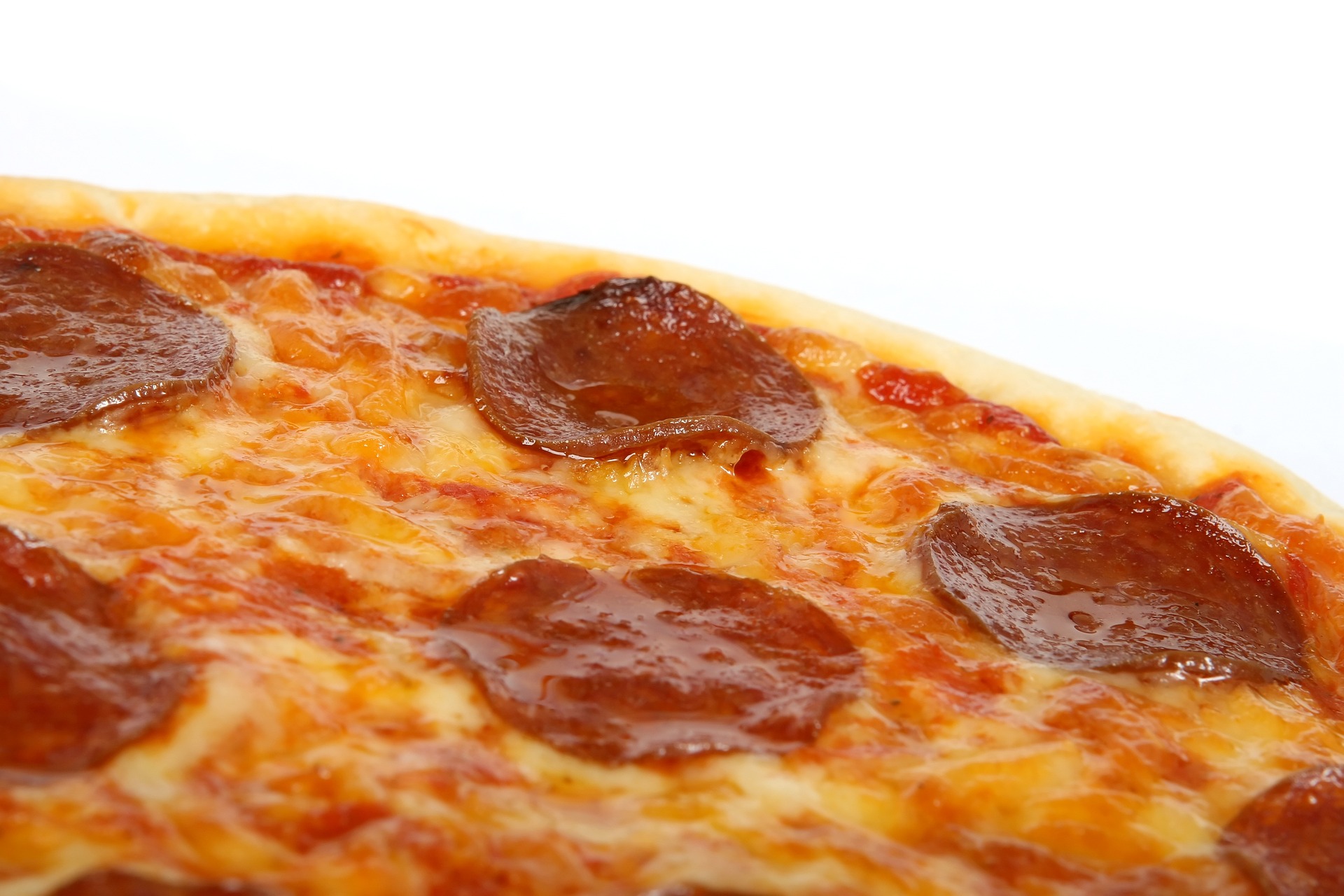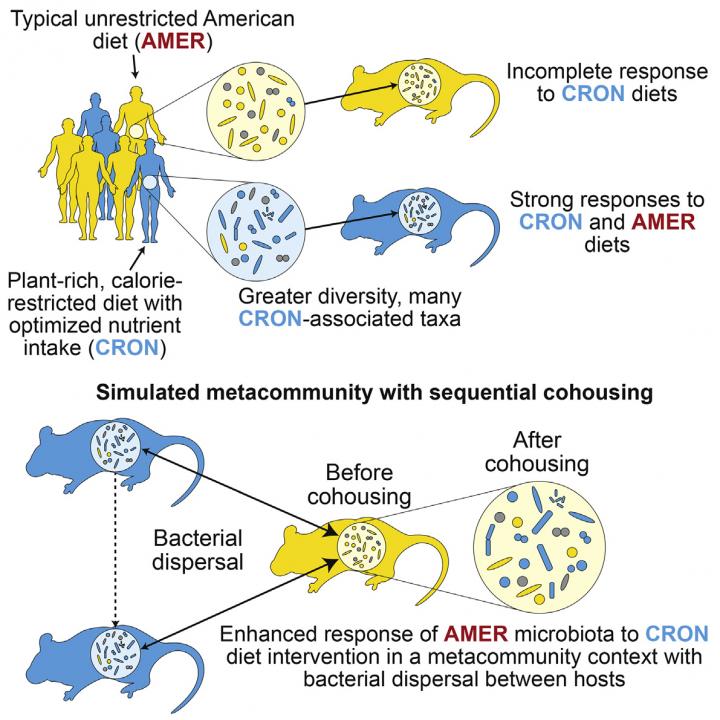It takes a while until the important intestinal flora adapt and improve when switching from an unhealthy to a more healthy diet.

New Year’s resolutions usually concern some sort of new healthy habit, perhaps eating more healthy. But even if there are many benefits from a healthier diet, one of these appears to take some to change, according to a new study.
The study shows that it takes a while before the flora of intestinal bacteria is changed for the better. A healthier intestinal flora makes for a richer variety with a greater number of different kinds of bacteria.
Intestinal flora and how gut bacteria affect people is a hot field of scientific research with ever more discoveries concerning the great benefits of good bacteria for our health and general well-being.
The microbes in our guts help break down food, including otherwise indigestible stuff, and pass the leftovers on to other microbes. Creating a complex food web inside us.

This complex food web is affected by what we eat, and that’s what the American and Italian researchers have explored in a study on mice.
They gave some mice intestinal bacteria from people who ate what the researchers describe as an ‘American’, unhealthy diet. It resulted in a relatively poor intestinal flora.
The other mice received bacteria from people with healthier diets with fewer calories and more nutrients. This intestinal flora was much more varied.
They then gave the mice different kinds of food. Even though the mice with poor intestinal flora received a healthier diet, the researchers were not able to detect any major change in their intestinal bacteria during the limited time study.
“We need to think of our gut microbial communities not as isolated islands but as parts of an archipelago where bacteria can move from island to island. We call this archipelago a metacommunity,” says first author Nicholas Griffin to Eureka Alert. “Many of these bacteria that migrated into the American diet-conditioned microbiota were initially absent in many people consuming this non-restricted diet.”
Other scientists are hard at work aiming to identify which bacteria are good for us and this may enable us to take supplements containing these bacteria in the future.
Reference:
Nicholas W. Griffin et al. Prior Dietary Practices and Connections to a Human Gut Microbial Metacommunity Alter Responses to Diet Interventions. Cell Host & Microbe 29 december 2016. DOI: 10.1016/j.chom.2016.12.006











![OpenAI. (2025). ChatGPT [Large language model]. https://chatgpt.com](https://www.illustratedcuriosity.com/files/media/55136/b1b0b614-5b72-486c-901d-ff244549d67a-350x260.webp)
![OpenAI. (2025). ChatGPT [Large language model]. https://chatgpt.com](https://www.illustratedcuriosity.com/files/media/55124/79bc18fa-f616-4951-856f-cc724ad5d497-350x260.webp)
![OpenAI. (2025). ChatGPT [Large language model]. https://chatgpt.com](https://www.illustratedcuriosity.com/files/media/55099/2638a982-b4de-4913-8a1c-1479df352bf3-350x260.webp)








